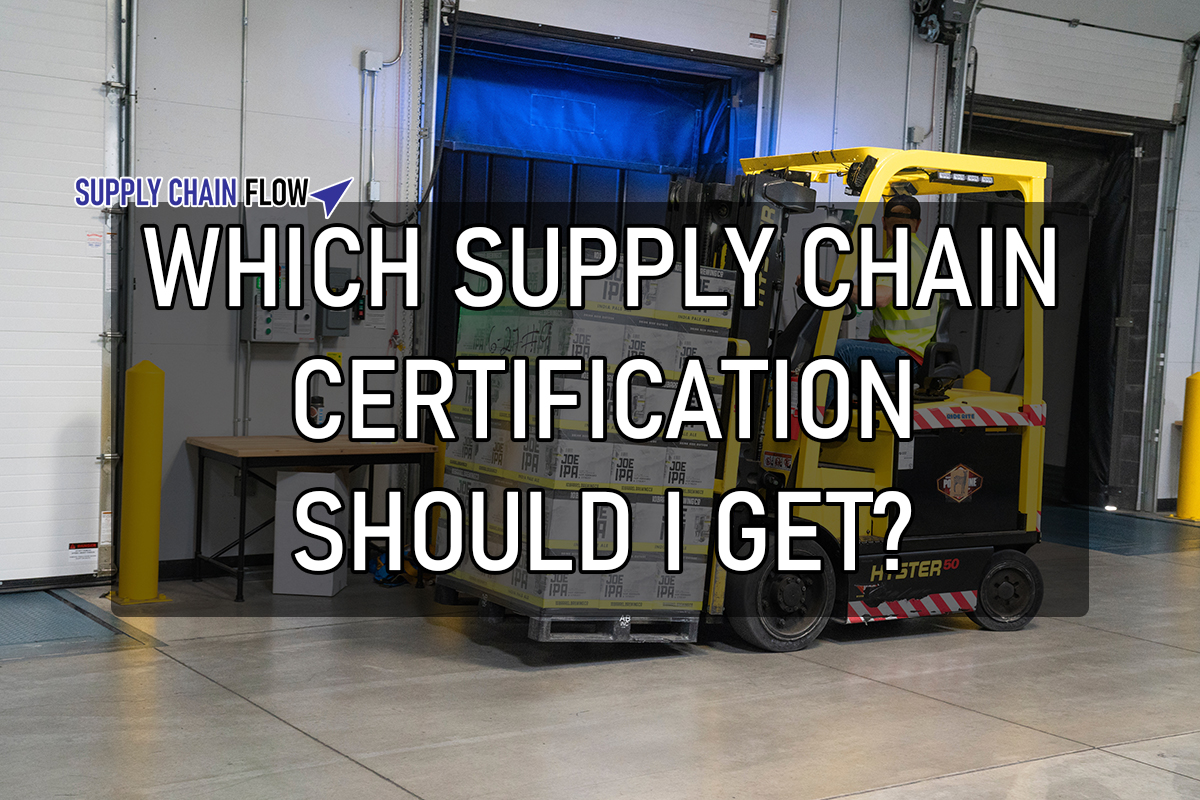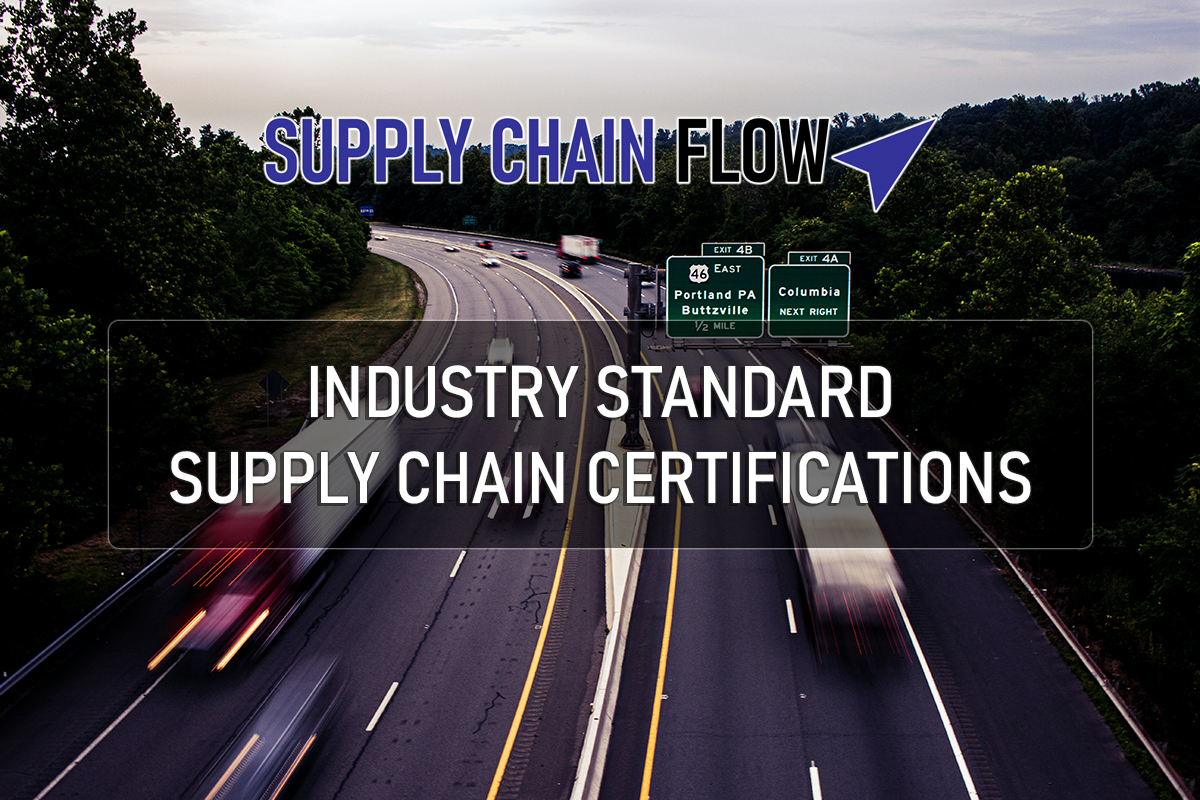Do I need a supply chain certification at all?
McKenzie L.
A lot of folks ask this question: Do I really need a Supply Chain certification? And the answer is no, many times a Supply Chain Certification is considered a Nice to have, not a firm requirement.
Getting a standard certification is a serious undertaking, as studying and acquiring a certificate can take anywhere from 3 months to a full year. The cost is also something to take into consideration - official certifications like ASCM and ISM cost between $1,000 and $2,000 USD.
Taking all that into consideration, also understand that experience can take you just as far within Supply Chain, as skilled workers are in demand today. The final answer is no, you do not need a certification to progress in Supply Chain.
However, looking deeper, getting certified can get you to your destination a little bit faster in some situations. Let's take a deeper dive into Supply Chain certifications and see if you need a certification to get to your goal.
Table of Contents

Do I need a Supply Chain certification in this career?
No, a certification is not always a requirement, so you can progress in Supply Chain without a certification. Although not a firm requirement, senior level positions typically will have a recommended certification in job postings - A certification may be the difference between landing an interview or not with an outside company.
Reasons Why You Should Think About getting a certification
To further your Supply Chain expertise
If you don't have a Supply Chain focused degree, it could be a great way to get a deeper understanding of Supply Chain standard practices. Coming from my Bachelor's in Fine Arts, in my situation I felt that getting a Certification was the least I could do to get an official, standardized dose of Supply Chain education.
To Network Within Supply Chain
I was able to attend a live, instructor-led class (Pre-COVID), and it was an amazing chance to get to know Supply chain professionals from all walks of life - fresh graduates to very experienced individuals, from all sorts of industries like chemicals, e-commerce, fine jewelry, and more.
There isn't a whole lot that can substitute meeting and talking to other professionals in person, but these days things are a bit different. ASCM local chapters still have remote networking sessions, so check if there are any in your area.

To Move to a New Company - and Stand Out from the Crowd
These days the job market is hot for skilled workers looking for a big pay bump. Switching companies is the fastest way to get raises of 10, 20, even 30%.
If you're looking to pivot yourself into a new role in the next year or so, it might be worthwhile to get a certification in that time. Studying could take you 3-6 months if you are focused on it, so this requires some planning ahead.
According to ASCM's salary survey, (See here for more info) getting a certification on average can increase your pay by 27%:
"Those who report earning at least one APICS certification have a median salary of $90,000, which is 27% higher than those without a designation. In addition, 21% of those with an APICS certification and an undergraduate supply chain degree received a promotion in the last year."
I would take their findings with a grain of salt, however - they have a great incentive to report findings that favor their certifications. But, in my experience, those with a certification can pivot themselves into new roles potentially easier than those without.



